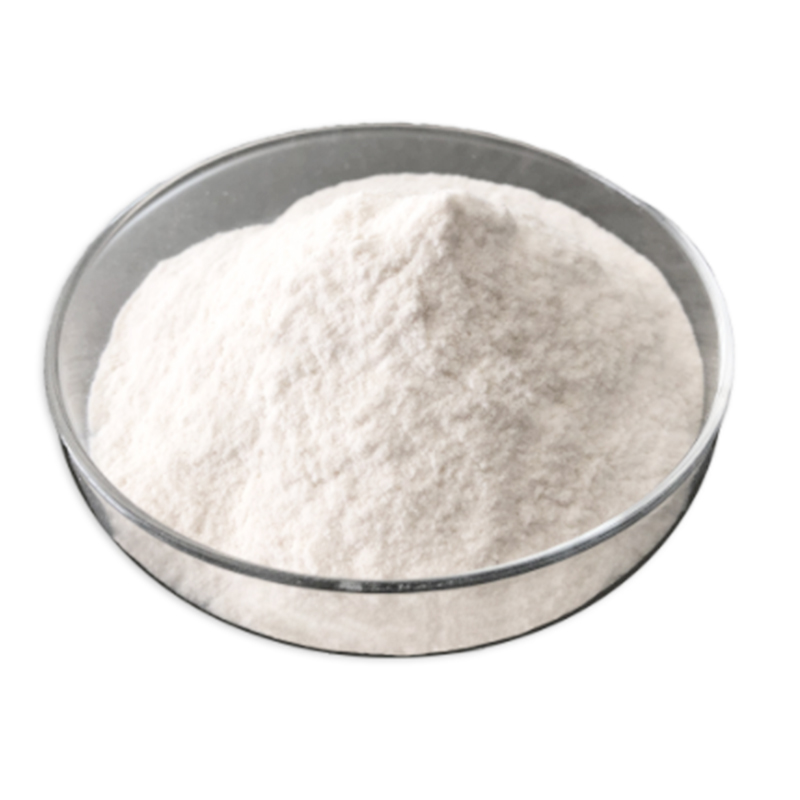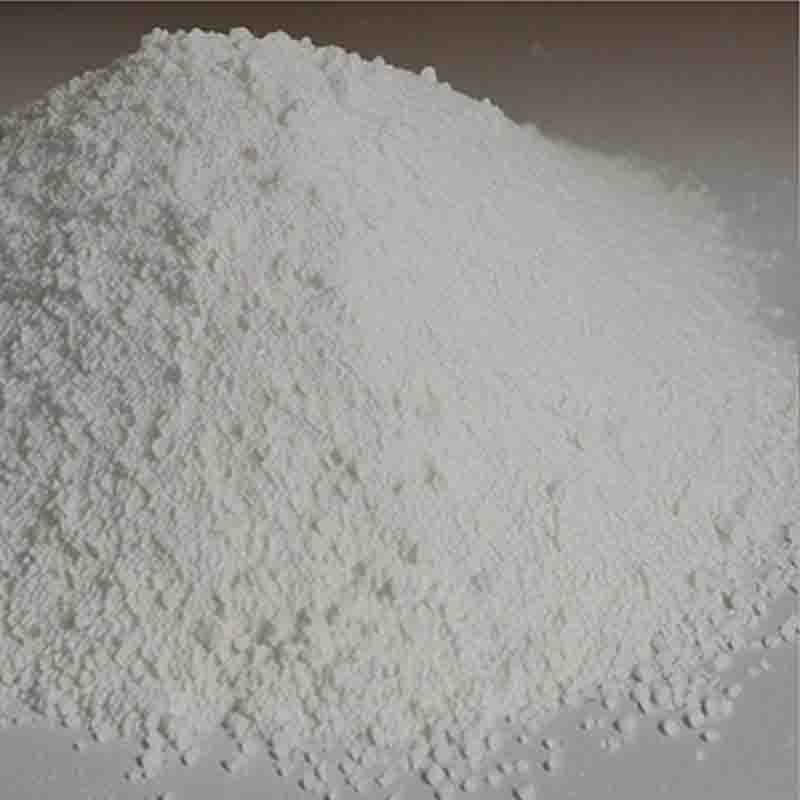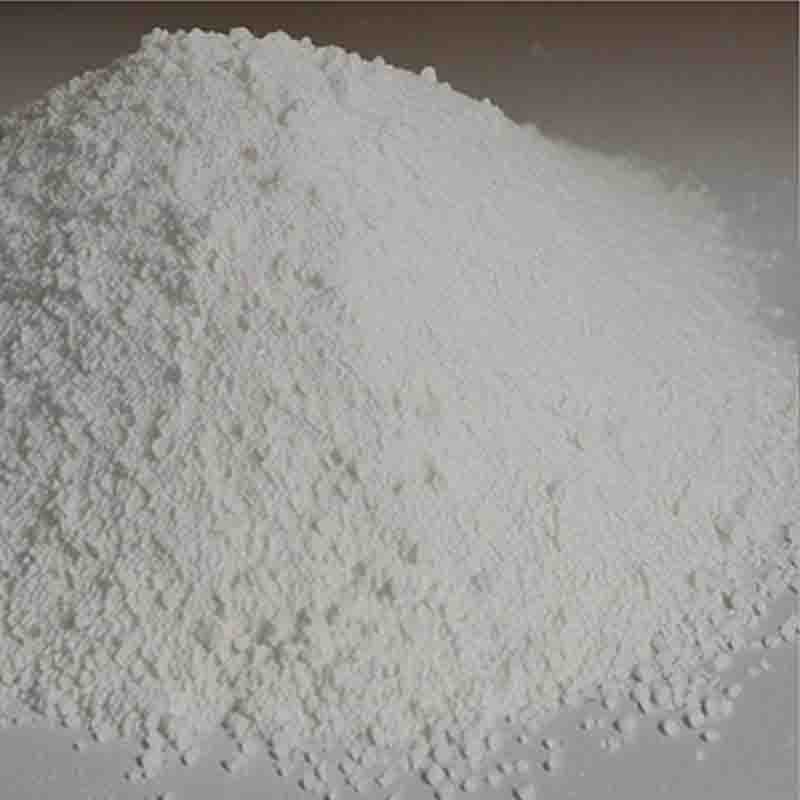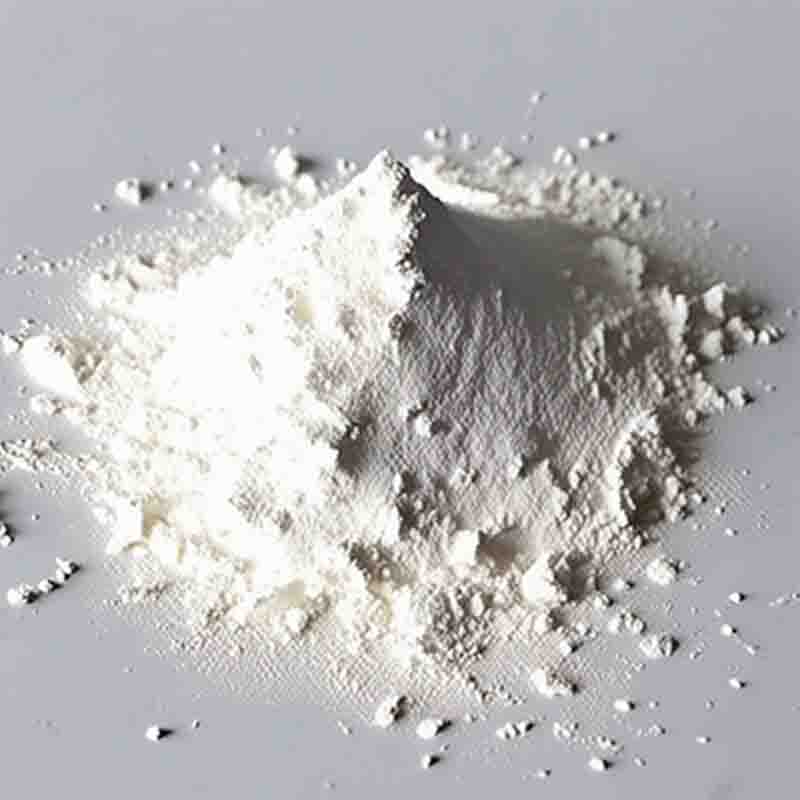Sirolimus CAS:53123-88-9
| Catalog Number | XD95630 |
| Product Name | Sirolimus |
| CAS | 53123-88-9 |
| Molecular Formula | C51H79NO13 |
| Molecular Weight | 914.17 |
| Storage Details | Ambient |
Product Specification
| Appearance | White powder |
| Assay | 99% min |
Sirolimus, also known as rapamycin, is a medication that has several important effects and applications in the medical field. Let's delve into some of the key effects of sirolimus.One of the primary effects of sirolimus is its immunosuppressive properties. It inhibits the activity of a specific protein called mammalian target of rapamycin (mTOR), which is involved in the activation and proliferation of immune cells. By blocking mTOR, sirolimus helps to suppress the immune response and reduce inflammation. This effect has made sirolimus a valuable drug in preventing organ rejection in transplant recipients, as it helps to prevent the immune system from attacking the transplanted organ.Sirolimus also exhibits antiproliferative effects. It inhibits the growth and division of cells, particularly smooth muscle cells in blood vessels. This makes it useful in the prevention of restenosis, which is the re-narrowing of blood vessels following procedures such as angioplasty or stenting. By inhibiting smooth muscle cell proliferation, sirolimus-coated stents have been developed to reduce the incidence of restenosis and improve long-term outcomes in patients requiring these interventions.Furthermore, sirolimus has shown potential in the treatment of certain types of cancer. Its ability to inhibit mTOR activity has been valuable in preventing the growth and spread of cancer cells. Sirolimus is used in combination with other anticancer drugs in the treatment of advanced kidney cancer, and it has also shown promise as a treatment option for other malignancies, such as lymphoma and breast cancer.In addition to these effects, sirolimus has been studied for its potential applications in various other conditions, such as autoimmune diseases, pulmonary diseases, and skin disorders. Research is ongoing to explore the full therapeutic potential of sirolimus in these areas.It is important to note that sirolimus can have side effects, including immunosuppression, increased risk of infections, and metabolic abnormalities. Patients taking sirolimus should be closely monitored by their healthcare providers.In conclusion, sirolimus exhibits diverse effects and applications in the medical field. Its immunosuppressive and antiproliferative properties have made it a valuable medication in the prevention of organ rejection and restenosis. Additionally, sirolimus shows promise in the treatment of certain types of cancer and has potential applications in other conditions. Continued research and exploration of sirolimus's effects will likely lead to further advancements in medical treatment.









